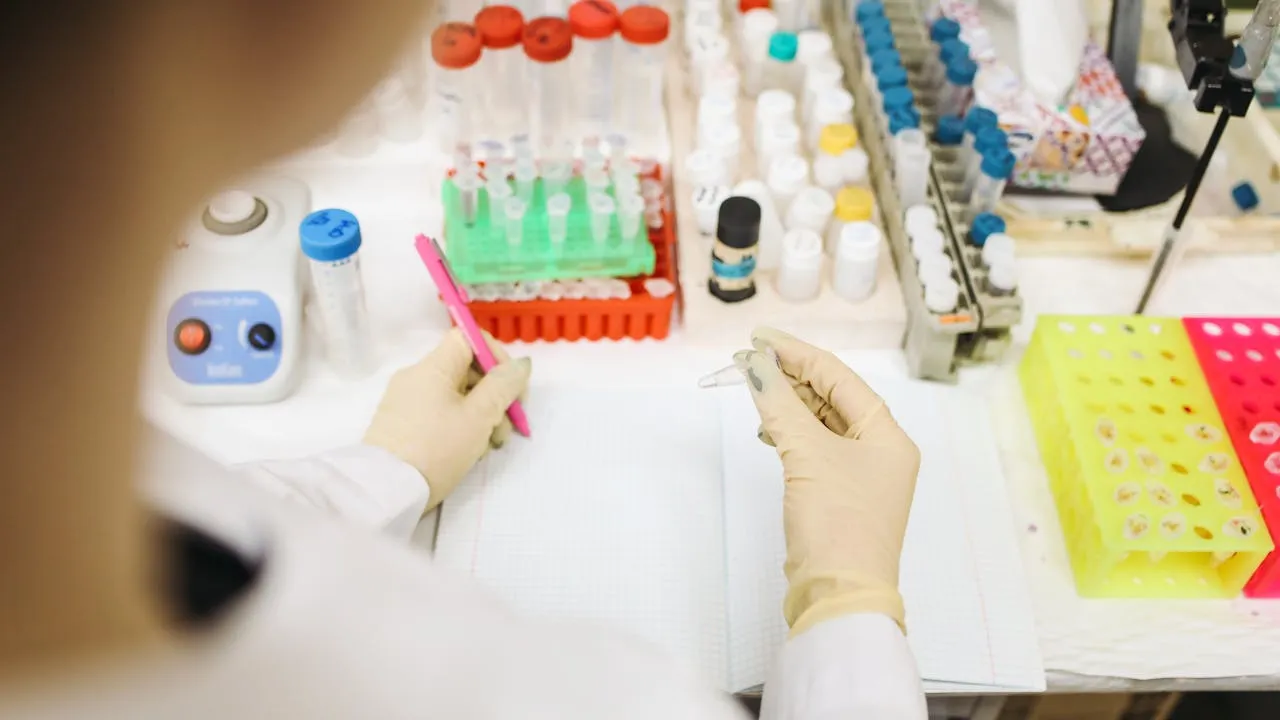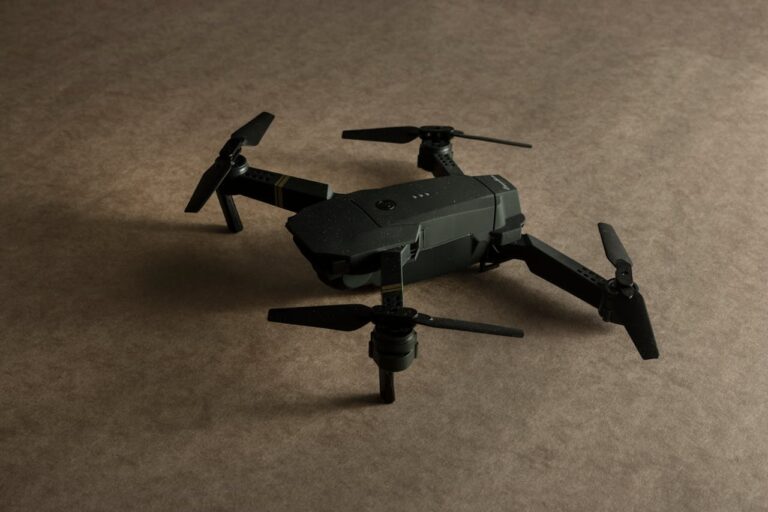
Pilot Study Highlights the Benefits of the Portrait Mobile Continuous Monitoring System in Promoting Clinical Interventions and Reducing Alarm Fatigue
GE HealthCare has announced the publication of data from a two-phase pilot study conducted in collaboration with Cleveland Clinic. The findings, published in the Journal of Clinical Anesthesia, evaluate the performance of the wireless, wearable Portrait™ Mobile monitoring solution in a post-surgical ward setting.
Alarm fatigue is a common concern in healthcare, with critical care and cardiac telemetry units often generating hundreds of alarms per bed per day. This study highlights the potential of Portrait Mobile to address alarm fatigue while supporting clinical interventions by providing meaningful alerts to clinicians.
Key Findings from the COSMOS Study
The COSMOS (Continuous Ward Monitoring with the GE HealthCare Portrait Mobile Monitoring Solution) pilot study compared continuous monitoring using Portrait Mobile to routine intermittent vital signs assessments.
Key results include:
- The Portrait Mobile group experienced an average of fewer than three alarms per patient per day.
- 82% of alarms from Portrait Mobile were deemed informative or useful by clinicians.
- Continuous monitoring prompted timely clinical interventions, such as oxygen therapy initiation or adjustments, in approximately 60% more patients compared to the intermittent monitoring group (49 vs. 33 patients).
- Continuous monitoring reduced vital sign abnormalities by approximately 25% in the Portrait Mobile group.
Dr. Daniel I. Sessler, MD, the study’s Principal Investigator, explained:
Vital signs are typically checked every 4-6 hours after surgery, which can delay the detection of problems. Our findings indicate that continuous vital sign monitoring provides actionable information to clinicians without overburdening nursing staff.
Phase 2 Pilot Study and Clinical Applications
The Phase 2 pilot, presented at the 2024 American Society of Anesthesiologists Annual Meeting, involved 150 post-surgical patients randomized to either routine vital sign assessments or continuous monitoring with Portrait Mobile. Investigators alerted clinicians when monitored parameters, such as respiratory rate, oxygen saturation, and pulse rate, exceeded preset thresholds. The study demonstrated that real-time alerts improved the detection and resolution of vital sign abnormalities, supporting earlier interventions.
Following the COSMOS pilot study, a full-scale clinical trial is underway (NCT06133140).
The Role of Continuous Monitoring in Enhancing Patient Care
Continuous monitoring can provide critical insights into a patient’s condition in real-time, allowing timely interventions and improving outcomes. According to GE HealthCare’s State of Flexible Healthcare Delivery survey, 74% of respondents believe expanding continuous monitoring technologies can help detect patient deterioration earlier.
“As healthcare systems face workforce shortages and increasing patient care complexities, continuous physiologic monitoring can help clinicians prioritize patients who need immediate attention,” said Dr. John Beard, Chief Medical Officer of Patient Care Solutions at GE HealthCare. “Portrait Mobile is designed to deliver actionable alerts, supporting clinical decision-making without contributing to alarm fatigue.”
Global Recognition for Design and Functionality
Portrait Mobile is part of GE HealthCare’s FlexAcuity solutions, designed to adapt to changing patient needs. Its innovative design has earned international recognition, including the iF Design Gold Award in 2022 and the iF Design Award in 2023.
For more information on Portrait Mobile and related solutions, visit GE HealthCare Portrait Mobile.




